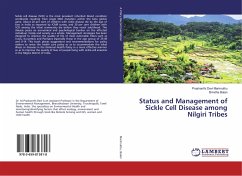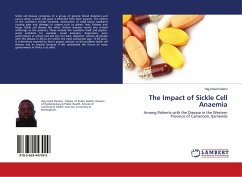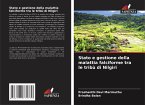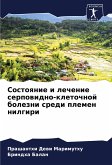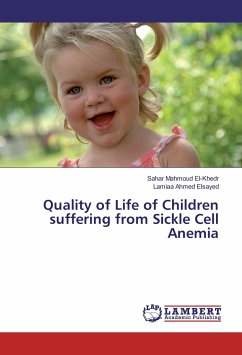Sickle cell disease (SCD) is the most prevalent inherited blood condition worldwide resulting from single DNA mutation within the beta globin gene. About 20 per cent of children with sickle disease die by the age of two in India as reported by ICMR survey, and 30 per cent children with SCD among the tribal community die before they reach adulthood. The disease poses an economical and psychological burden on the affected individual, family and society as a whole. Management strategies has been designed to improve the quality of life of most vulnerable tribes such as Irulas, Kurumbas and Paniyans especially those in the age group of 25-49 and 0-14. This book places suggestions and recommendations for policy makers to revise the health care policy so as to accommodate the tribal illness or diseases in the National Health Policy in a more effective manner so as to improve the quality of lives of people living with sickle-cell anaemia in the Nilgiris District of India.
